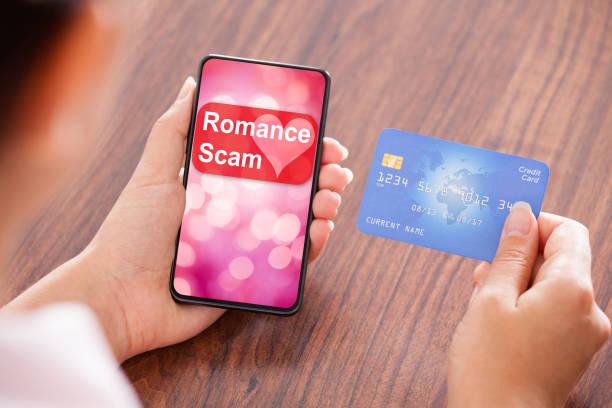The pandemic’s isolation and loneliness hit us hard. At residential care facilities, some residents were locked in, meals left at the door, no one in or out. People who are homebound turned to delivery services, cautioned against having any face-to-face contact, even with family members. It’s no wonder we all turned to screen-based conversations. FaceTime and Zoom became our connection to the outside world. Many of us made new friends online, using Facebook and dating sites. Even elders who were reluctant to use social media were forced to join—or embrace the silence.
Sadly, along with the new users came their exploitation. According to the Federal Trade Commission (FTC), reported losses to romance scams reached a record $304 million in 2020, up about 50 percent from 2019. Mind the word “reported” here—many victims, feeling foolish, are too embarrassed to report these crimes.
These scams often start with a friend request. Ensuing conversations can go back and forth for weeks, months, longer—scammers could be targeting multiple victims at the same time, and they can wait for the payoff. Often a scammer has a fake profile that looks like a real one to the untrained eye. Once a “friendship” has begun, conversations often go off social media to the more private settings of email or text but never occur in person. Craving a connection, a lonely person may believe a romance is blossoming, and when the request to send money comes, the hopeful romantic can be sucked in.
The hardest-hit group has been adults ages 60 to 79, with their median loss close to $9,500.
How can you protect yourself? The FTC recommends:
- Never send money or gifts to someone you haven’t met in person, even if they send you money first.
- Don’t give out your personal information, like birthdate, Social Security number, PINs or account numbers.
- Talk to someone you trust about this new love interest, because it can be easy to miss things that don’t add up.
- Ask a lot of questions and take note of inconsistent answers.
- Report the scam to the FTC at ReportFraud.ftc.gov.
Were you scammed online and feel duped and ashamed? Take comfort that you’re not alone. If you are a victim of an online dating or romance scam, the Minnesota Attorney General’s Office suggests taking the following steps:
- Cease all contact and block phone numbers, IM accounts and email addresses.
- Keep copies of all communications.
- Report the matter to the dating website.
- Report the matter to your local police.

Pepper Evans works as an independent-living consultant, helping older adults age in place. She is the empty-nest mother of two adult daughters and has extensive personal and professional experience as a caregiver. She has worked as a researcher and editor for authors and filmmakers. She also puts her time and resources to use in the nonprofit sector and serves on the Board of Education in Lawrence Township, NJ.



